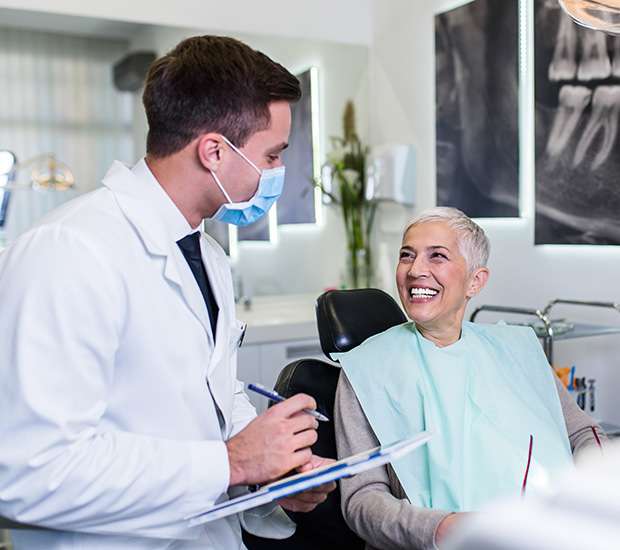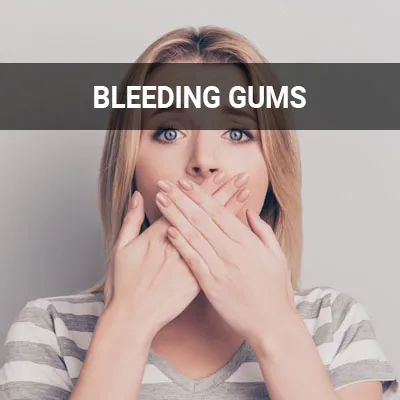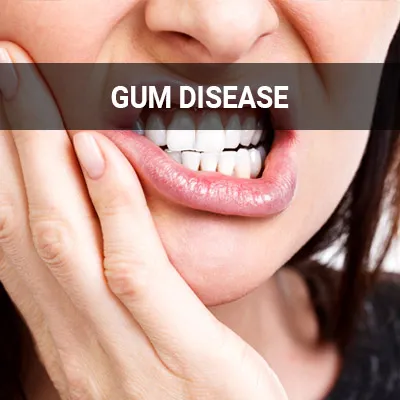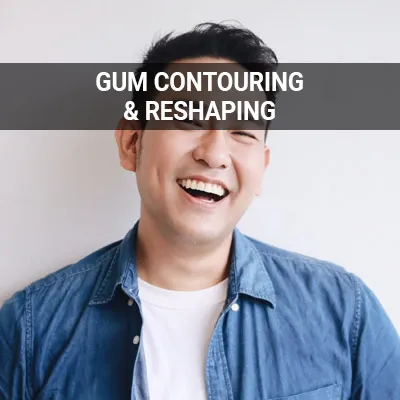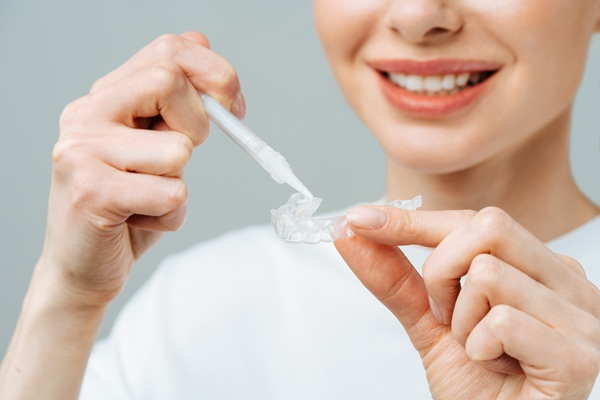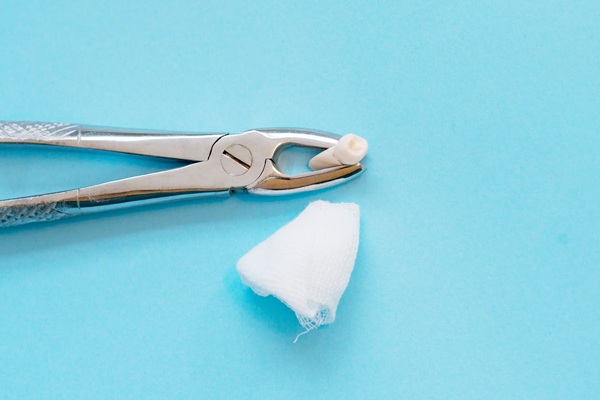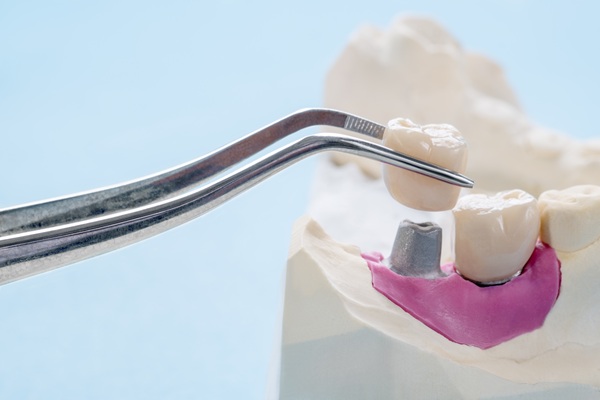Soft-Tissue Laser Dentistry Culver City, CA
Laser dentistry allows providers to perform minimally invasive surgeries on the mouth and gums. This technologically advanced dentistry benefits patients and improves outcomes. Soft-tissue laser dentistry is used for surgical procedures involving the oral cavity, gums, and mouth.
Soft-tissue laser dentistry is available at Dentex Dental Specialty Group in Culver City and the surrounding area. Our dental practice is committed to using the latest technological tools to improve treatment times and healing. To learn more about our services or schedule an appointment, call us today at (310) 895-2446.
The Pros and Cons of Soft-Tissue Laser Dentistry
Soft-tissue laser dentistry offers many advantages for both patients and providers. Lasers often minimize bleeding and additional swelling after a procedure. They are also more precise than traditional surgical tools, making it easier to provide targeted treatments. Some patients may also experience less pain during a soft-tissue laser procedure versus traditional surgery.
There are also some disadvantages to soft-tissue laser treatments. Procedures with a laser may be more expensive due to the provider's initial cost of the equipment. Additionally, laser therapy is only available for a small number of procedures and not for some common dental treatments, such as removing crowns or filling cavities. It is also imperative that providers follow the recommended practices for laser safety with their staff members.
“Lasers often minimize bleeding and additional swelling after a procedure.”
Laser Dentistry and Orthodontics
Soft tissue lasers have many applications in the field of orthodontics. For example, dentists often use lasers to perform cosmetic gum recontouring. These procedures can enhance the patient's appearance by removing excess tissue. Laser recontouring procedures allow dental providers to position braces with greater accuracy. Soft tissue lasers can remove or reshape oral tissues that may interfere with a patient's braces. Removing or reshaping the soft tissue can improve access to the patient's teeth. These procedures can prevent difficulties and delays during orthodontic treatment.
Soft-tissue laser treatments can also improve oral hygiene. Many patients with braces have trouble keeping their mouths clean. If the patient struggles with poor oral hygiene, gum tissue may grow over brackets or wires. Laser procedures can remove this tissue and improve oral hygiene.
“Laser recontouring procedures allows dental providers to position braces with greater accuracy.”
Post-Treatment Care and Tips
After a soft-tissue laser dentistry treatment, patients must follow the post-op care from Dentex Dental Specialty Group. As stated in Mouth Healthy, it may be necessary to stick to a mild or liquid diet for a few days after the surgery. Then, patients may be asked to transition to a soft food diet for a week or two until the mouth or gums are healed.
The areas treated by the laser may feel tender, so it is normal to experience a little soreness. The surgical site may appear grey, red, purple, or other unusual colors while healing. It may also be necessary to avoid brushing and flossing the surgical spot and use a warm saltwater rinse to clean it instead.
“The areas treated by the laser may feel tender, so it is normal to experience a little soreness.”
Check out what others are saying about our dental services on Yelp: Soft-Tissue Laser Dentistry in Culver City, CA
The Right Candidate for Laser Dentistry
Laser dentistry carries few risks, and it is suitable for a wide range of patients. But patients with bleeding disorders might not be good candidates for these procedures. Patients with complex dental needs may also do better with traditional procedures. A dental provider can offer personalized treatment recommendations.
Patients may be a candidate for soft-tissue laser dentistry if they have the following:
- Deep-tissue infections
- Gum inflammation
- Gum recession
- Impacted wisdom teeth
- Mouth sores
- Overgrown gums
- Tongue-tie
Soft-tissue laser dentistry can also help treat sleep apnea. This potentially life-threatening condition can interfere with nighttime breathing. Removing tissue from the patient's mouth and throat could ease sleep apnea symptoms.
“Laser dentistry carries few risks, and it is suitable for a wide range of patients.”
Questions Answered on This Page
Q. What are the pros and cons of soft-tissue laser dentistry?
Q. What should I do after my soft-tissue laser dentistry treatment?
Q. How is soft-tissue laser dentistry used in orthodontics?
Q. Who is the right candidate for laser dentistry?
Q. What are examples of soft tissue laser dentistry procedures?
People Also Ask
Q. What is a standard laser dentistry treatment process like?
Q. What are the signs of gum disease?
Q. What are the advantages and disadvantages of laser dentistry?
Soft Tissue Laser Dentistry Procedures
Additionally, soft tissue laser dentistry can treat canker sores, cold sores, gum disease, damaged nerves. Some soft-tissue procedures can also help with tumor biopsy and removal. However, most patients who opt for soft tissue laser dentistry undergo gum treatment.
During this procedure, the dentist may remove excess tissue. They might also reshape the existing tissue to provide a uniform appearance. Gum treatment can improve oral health and boost the patient's self-confidence.
“Gum treatment can improve oral health and boost the patient’s self-confidence.”
Frequently Asked Questions
Q. What is laser dentistry?
A. In the past, dentists often used drills and sharp tools to perform procedures. These tools sometimes result in significant pain, swelling, or bleeding. Modern lasers streamline the treatment process. Laser technology might make procedures more comfortable for patients.
Q. What are the benefits of laser dentistry?
A. Laser dentistry offers added precision and control. Dentists can use lasers to target diseased tissue and tooth decay. Dental lasers can also sculpt tissues to provide cosmetic enhancement.
Q. Will I need pain medication during my procedure?
A. Many patients do not need anesthetic during laser dentistry procedures. However, if necessary, the dentist may provide a mild numbing cream. This medication eases discomfort without leaving the patient groggy or disoriented.
Q. Is there a risk of infection?
A. Every dental procedure carries some risk of infection. However, laser dentistry has a low risk of complications. The laser destroys bacteria around the target tissue to reduce the patient's risk of infection.
Q. Am I a candidate for laser dentistry?
A. Most patients can receive laser dentistry. But traditional procedures might be a better fit for some patients. Our team can determine whether laser dentistry is right for you.
Dental Terminology
Contact Us To Learn More
If you are interested in finding out whether you are a candidate for laser treatment, contact us. Call us at 310-895-2446 to schedule a consultation. We are proud to provide our Culver City patients with the most effective tools in dental care.
Helpful Related Links
- American Dental Association (ADA). Glossary of Dental Clinical Terms. 2025
- American Academy of Cosmetic Dentistry® (AACD). Home Page. 2025
- WebMD. WebMD’s Oral Care Guide. 2025
About our business and website security
- Dentex Dental Specialty Group was established in 2014.
- We accept the following payment methods: American Express, Discover, MasterCard, and Visa
- We serve patients from the following counties: Los Angeles County
- We serve patients from the following cities: Culver City, Marina Del Rey, Playa Vista, Mar Vista, Venice, Westchester, Inglewood, El Segundo, West Los Angeles, Century City, Santa Monica and Los Angeles
- Norton Safe Web. View Details
- Trend Micro Site Safety Center. View Details
Back to top of Soft-Tissue Laser Dentistry
